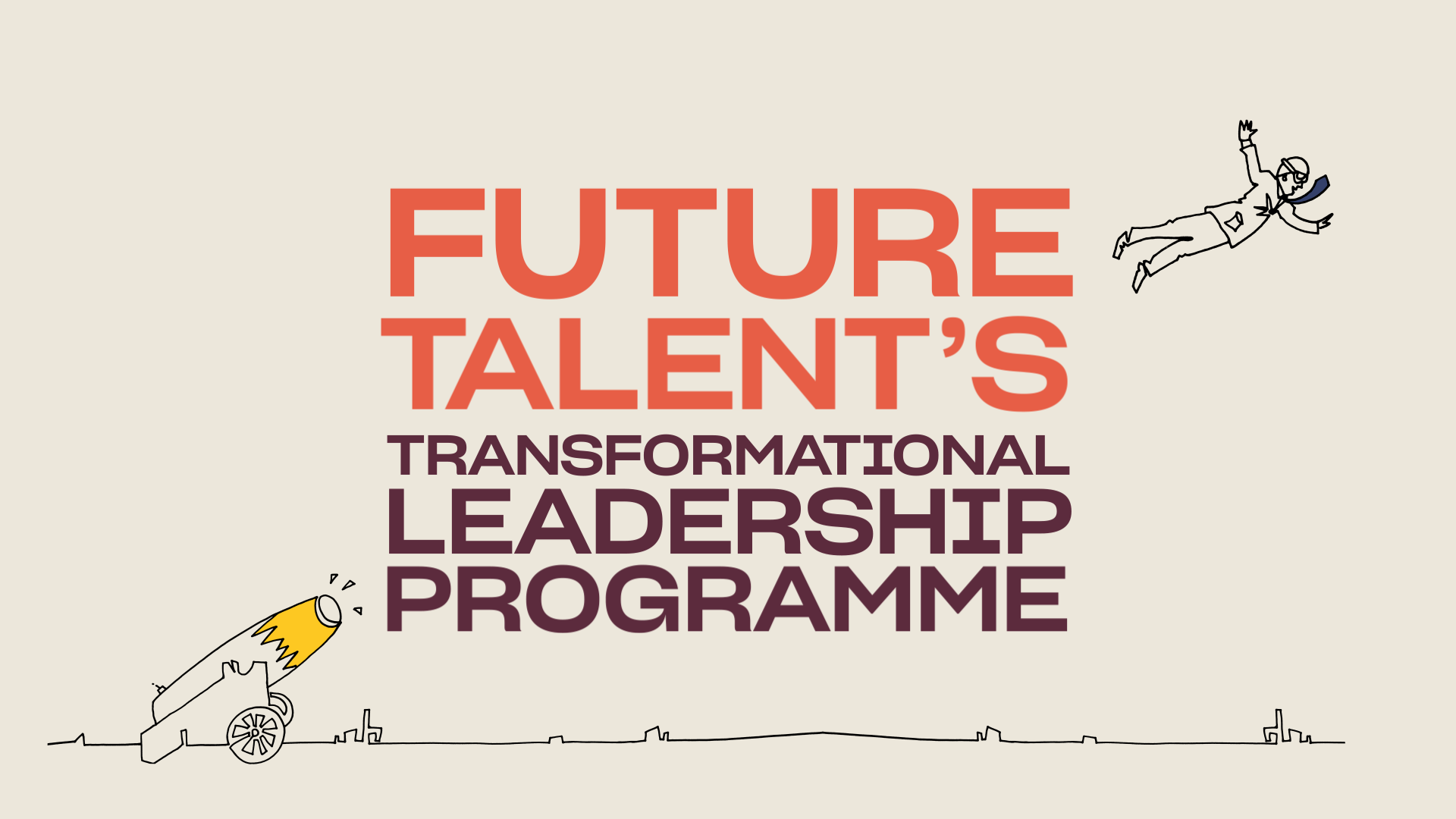It has been called the “great training robbery”. Each year, billions are invested in learning and development programmes that promise to transform our leadership abilities.
But according to studies, only around 10% of training programmes result in any ‘transfer’ of knowledge from the classroom into boardroom behaviours. Should we just give up on trying to develop our staff?
There’s no shortage of those who think so. When Patty McCord was HR director at Netflix, she wrote that employees had no reason to expect their company to invest in helping them learn new skills. In McCord’s oft-repeated phrase, workers were part of a “team, not a family”. Immediate performance and results were essential. Development and support were not.
At the same time, according to PwC, four in five CEOs believe that improving the soft skills of their emerging leaders is critical for future growth. So, what’s going wrong? Are learning workshops poorly designed?
There’s certainly a tendency to turn some training days into highly efficient downloads of data, as if we were updating software rather than working with human beings. But training sessions aren’t the main problem. It’s rather that learning new skills (soft skills especially) only happens when we take the time to practise them.
We learn when we feel supported to practise
Creating time to practise rarely happens in the workplace, but it does in the world of sports. When Tiger Woods was already near the top of his golf game, for example, he noticed a minor flaw in his swing that was holding him back.
He decided to deconstruct and re-learn a new swing from the ground up.
For a brief period, while he struggled to embed the new technique, his game deteriorated and he fell down the rankings, before emerging as an even better player a year later. He took the far-sighted decision that a technique that had successfully taken him to that point in his career wouldn’t get him to the next one.
Similarly, in the workplace, when we first start to practise a new skill, whether it’s around giving feedback, coaching a direct report or presenting more effectively, we often get worse before we get better. We have to go through a dispiriting process of unlearning old, unhelpful behaviours and replacing them with better ones.
Unlike Tiger Woods, we have to do most of our practice in public, while our peers observe us looking flustered and anxious about how incompetent and ineffective we must be appearing. No wonder that, in cultures that pride themselves on presenting an image of immaculate professionalism, the easiest option is to revert to how we used to do things.
A number of studies, notably Robert Brinkerhoff’s, have shown that when learners aren’t able to practise what they’ve learned in a supportive environment, it’s almost impossible to embed new behaviours at work. In those instances, training can become demotivating, even counterproductive.
But to create a supportive, ‘psychologically safe’ environment takes a willingness to live with the awkwardness that comes with slowly and clumsily getting better at something — and helping others to do the same.
Huge long-term benefits will accrue if we can foster work cultures where people feel more comfortable looking like idiots in front of each other in the short-term. It’s a challenge, but it’s critical for any organisation that values learning.

















